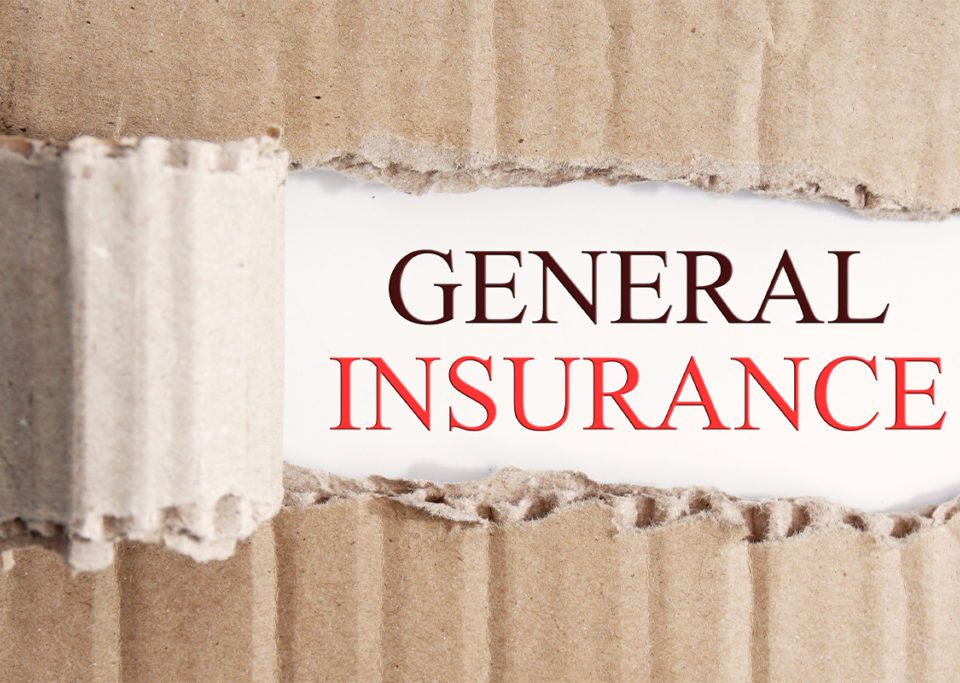
Child support and family tax – what’s counted as income?
July 22, 2022
Insuring Your Assets – Some Key Points to Consider
August 16, 2022In addition to their retirement (transition) benefits, every full-time member of the ADF is entitled to benefits arising from medical discharge or death. This applies irrespective of the member’s superannuation fund (DFRDB, MSBS and ADF Super). Many members conclude that these “statutory” benefits meet their and their family’s financial needs, however, some members wonder about whether they need additional insurance cover (for example, to pay out debts like mortgages) and they seek to source that cover through the private sector.
Here are some points which you should be aware of when seeking out additional private sector personal insurance. The list is by no means exhaustive, so towards the end of this article is a list of educational resources which will help you in making a decision about which policy will suit your needs:
- Private sector policies of life insurance are “guaranteed renewable”. That is, once you’ve met the initial terms and conditions (particularly your duty of disclosure) and continue to pay the premiums, the insurer cannot terminate your policy or increase your premiums due to any new medical conditions you develop after you take out the policy;
- Once a “guaranteed renewable” policy is in place, premiums may increase, but any change must only apply to a group of people, rather than to individual policyholders;
- Given that the cost of your insurance will be substantially influenced by your age, habits (good and bad), and the state of your health, it makes a lot of sense to purchase “guaranteed renewable” insurance when you’re young and fit or at least relatively so;
- Should you ever consider cancelling your private sector life insurance policy in order to replace it with a policy that you have concluded is “better”, you’d be well advised to not cancel the existing policy until you’ve bought the new one. That’s because in the process of buying the new policy, you may discover a medical condition you didn’t know you had that will make buying the new policy unaffordable or unacceptably risky from the new insurer’s point of view (this actually happens, surprisingly often);
- It’s said that many Australians are underinsured. Given the retirement (transition), death and invalidity benefits to which ADF members are entitled, this may be less of an issue amongst ADF members and their families. Nevertheless, it’s very much worth taking the time to understand exactly what your entitlements would be in the event of a major health problem and measure them against your asset base, debts, income requirements and financial commitments. If you find there’s a shortfall, consider additional insurance as a way to provide you with financial peace of mind. A starting point for this process is the “Life Insurance Needs Calculator” at www.moneysmart.gov.au;
- A policy of life insurance is a legally binding contract between you (the insured) and the insurer. Therefore, its contents, words and definitions are fundamentally important in the event of a claim. While “death” might not seem all that hard to interpret (although the circumstances of it are sometimes relevant), words like “disability”, “total and permanent”, “trauma”, “own or any occupation”, “hazardous occupation” can be loosely or narrowly defined and may have a huge impact on the amount and quantum of benefit to which you’re entitled. The lesson here is to make sure you understand the conditions of your policy and to consider seeking advice from a licensed financial adviser if you’re not sure (more on seeking advice below);
- Some life insurance policies contain “war/war-like activity” exclusions. In some circumstances this may impact on the ability of an ADF member or family to make a successful claim. Therefore, it’s vitally important to check whether your proposed policy has such an exclusion and if so, how the exclusion is worded. You may be surprised at how widely or narrowly words like “war/war like” can be defined. So perhaps such a policy isn’t the right one for you and your family, irrespective of its other generous benefits;
- The Australian life insurance market is highly competitive with many different contracts and policies to navigate. Understanding which contract is right for you and your family can be quite a mission. Therefore, we recommend the Centre’s educational resources on Personal Insurance. We also recommend www.moneysmart.gov.au and www.fsc.org.au;
- If you’d like personal financial advice about life insurance you should seek the services of a licensed financial adviser. Our Centre maintains a list of licensed financial advisers (the ADF Financial Advice Referral Program) who charge a genuine fee for service. They do not receive commissions and product sales incentives. Alternatively, you can source a licensed adviser at www.moneysmart.gov.au, but if you do, it will be important to understand how your chosen adviser is remunerated and how that might impact upon the independence of the advice you receive; and
- If you’re unhappy about your insurance policy and/or the advice you’ve received, you can lodge a complaint free of charge with the Australian Financial Complaints Authority (www.afca.org.au).






